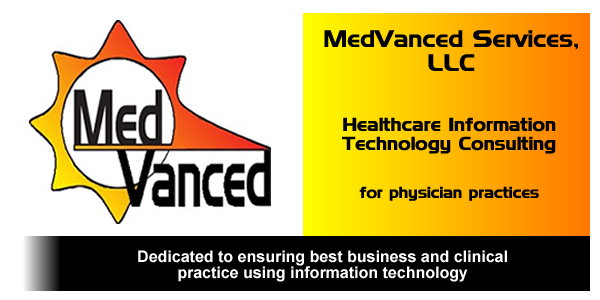
How many times have you discussed or read something related to the question, is HIT worth the investment? I don’t know how many times this has to come up, but it seems to be a trend that will most likely continue until a well respected organization conducts a survey and produces statistical data showing how EHRs decrease costs and increase revenue. There are success stories out there, but they don’t seem to make the headlines.
In this article, the providers of IVANS are surveyed about the ARRA, the use of IT, and healthcare reform. The article states that 66 percent of those surveyed said EHRs will have a positive impact on their business yet only 39 percent said they plan to implement it within the next 12 months.
That is a very powerful statistic. Even though the majority believes that transitioning to an EHR will benefit their business, 27% will not pursue it as a business strategy. Now, I have encountered people resistant to change in my career, but this is staggering! Doctors need to look at EHR implementations from a different perspective. Is it a huge upfront cost? Yes. Is productivity going to suffer? Initially, yes. Are there ongoing maintenance costs? Yes. However, all of these yes’s are countered by benefits. Let’s face it, IT is expensive, but it is an investment. Once the upfront costs are paid, you will see your overall costs go down. You won’t need to pay for dictation anymore (or whatever method being used for documentation); as efficiency improves, you may be able to reduce staff; and better quality billing reduces billing costs and can increase revenue. By weighing the benefits as well as the negatives, doctors can get a better idea of the big picture and build a strong business case to implement an EHR, further enhancing their ability to take advantage of all the benefits EHRs have to offer.
In this article, the providers of IVANS are surveyed about the ARRA, the use of IT, and healthcare reform. The article states that 66 percent of those surveyed said EHRs will have a positive impact on their business yet only 39 percent said they plan to implement it within the next 12 months.
That is a very powerful statistic. Even though the majority believes that transitioning to an EHR will benefit their business, 27% will not pursue it as a business strategy. Now, I have encountered people resistant to change in my career, but this is staggering! Doctors need to look at EHR implementations from a different perspective. Is it a huge upfront cost? Yes. Is productivity going to suffer? Initially, yes. Are there ongoing maintenance costs? Yes. However, all of these yes’s are countered by benefits. Let’s face it, IT is expensive, but it is an investment. Once the upfront costs are paid, you will see your overall costs go down. You won’t need to pay for dictation anymore (or whatever method being used for documentation); as efficiency improves, you may be able to reduce staff; and better quality billing reduces billing costs and can increase revenue. By weighing the benefits as well as the negatives, doctors can get a better idea of the big picture and build a strong business case to implement an EHR, further enhancing their ability to take advantage of all the benefits EHRs have to offer.

No comments:
Post a Comment